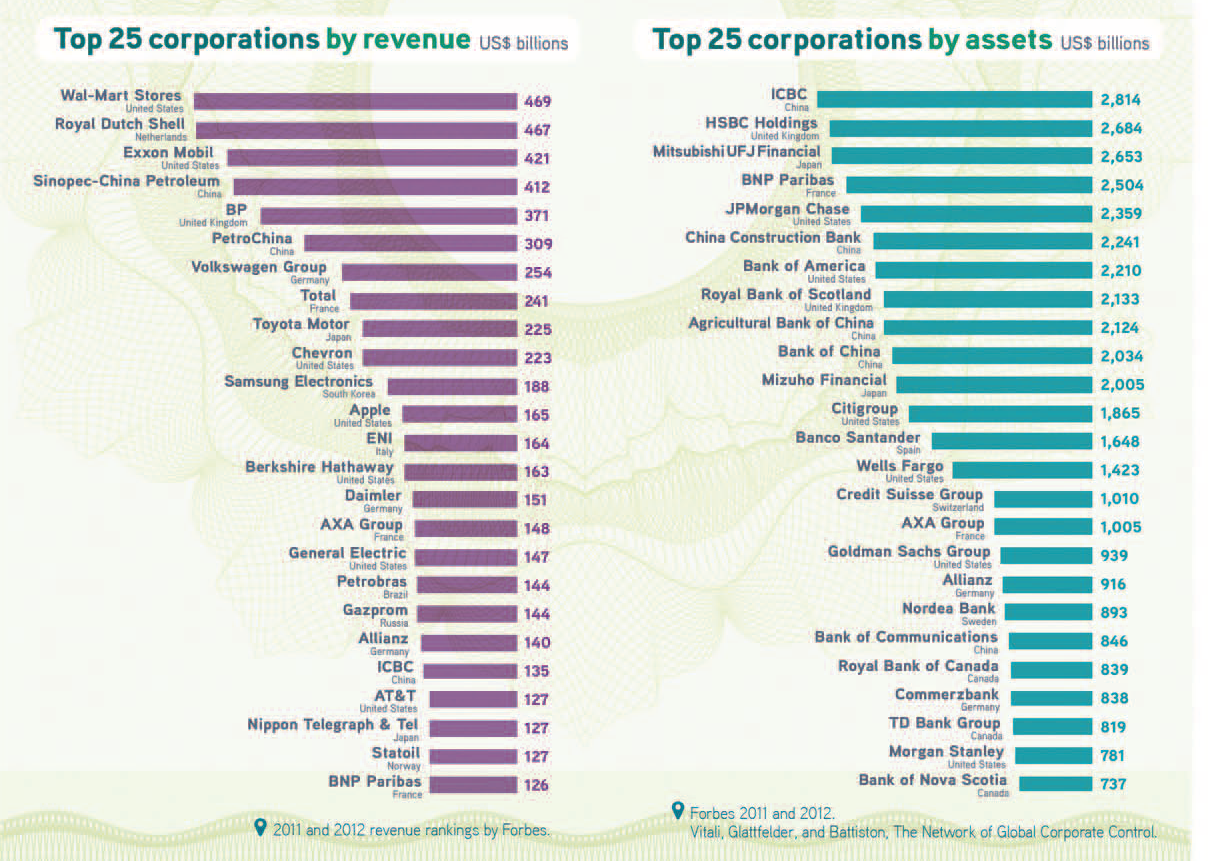There is a certain view about current events in Argentina that tends to emphasize the potential effects of the devaluation as the collapse of the economic model, and, and, hence, suggest that the post-default process of economic growth should not be taken as an alternative for other countries in distress, like for example Greece and other Southern European countries. This kind of view, expressed for example by Walter Molano in the
Financial Times (subscription required; minus the strange argument that the Argentine problem is "geographical"), suggests that policies should be aimed at pleasing international financial markets since the goal is to promote "confidence in the country’s economic management," and that devaluation is necessary for solving the "unsustainable economic imbalances."
First, it must be understood that the current devaluation, which was of the order of 20% in nominal terms in the last days of last week, is part of a plan that was most likely in the works, since the change in the economic team at the end of last November, when the current finance minister, Axel Kicillof, became the sole commander of the economy displacing Guillermo Moreno, and to a lesser extent Mercedes Marcó del Pont (full disclosure, I worked in the central bank during her tenure as president) in the internal domestic dispute.
In other words, this is not a balance of payments crisis (or a currency one)
per se, even though it might become one, since it was actually part of a policy decision, first to accelerate the depreciation of the currency, which started in the last month of 2013 after the new finance minister assumed his position, and that culminated with the renegotiation of the debt with the Paris Club (to regain access to international financial markets), and the gradual liberalization of the exchange market, trying to move the official rate closer to the 'blue,' that is, the black market rate. Note that the current account, as I noted before
here, is not in a terrible situation, the Brazilian position has been far worse for a longer period, and the real exchange rate was not more appreciated than in Brazil either.
Before discussing my views of what might happen, it is important to note the New Developmentalist views, which are often associated to Bresser-Pereira and in Argentina to Roberto Frenkel and his co-authors, that the re-alignment of the real exchange rate was inevitable and necessary to promote more competitiveness and growth does not hold water (see my previous critique
here, and Fiorito and Amico's
here). Bresser has in fact argued that this devaluation is likely to be good for Argentina. In his words (the whole article
here):
"the peso retrieved the lost competitive equilibrium; the government declared that the peso had reached the desired level, and, without fearing an increase in the dollar's official price, it suspended several restrictions to the purchase of dollars , in order to draw the parallel down. If this strategy of keeping the exchange rate at the competitive level is successful, profit expectations will rise, business enterprises will invest again, the current account surplus will be restored, and the Argentinian crisis will be over."
Martín Rapetti (a Frenkel co-author) remains more skeptical
here (in Spanish), but insists it was inevitable (the exchange rate realignment).
In my view, the devaluation was not inevitable and is not particularly good. First, it will be inflationary, and as I noted a few years
back, also might be contractionary, so expect less growth this year. The reduced growth is what will hold the current account in a reasonable situation, by the way. Hence, devaluation will not solve either the inflationary problem, nor the external constraint one. In this sense, the crisis (manufactured as it is) is worse than most people understand, since it won't solve any of the pressing problems in Argentina.
Note that if the government on top of the current measures adds fiscal contraction (monetary tightening is a given, since higher rates of interest will be needed to avoid more capital flight; and the effects of monetary contraction can be compensated by subsidized public credit) as the New Developmentalists wanted (since for them inflation was caused by excess demand) then the slowdown will be significant and even a recession could take place. The Plan Progresar (that gives money to young students without jobs) might indicate the opposite disposition, but the crisis might force the government to slowdown the economy to avoid a more serious current account deficit.
A more benign scenario would be that the Central Bank manages to control the depreciation, and stabilize the real exchange rate, likely at a somewhat depreciated rate (how much will depend on wage resistance, and how much inflation we get; my guess is that some real depreciation will take place, and lower real wages will follow, which also will add a contractionary force in domestic demand), but this does not turn into a run on the currency.
As I noted before, there are good reasons to believe that lack of growth in advanced economies and low rates of interests in the center will preclude outflows of capital, if higher real rates of interest are imposed in Argentina (they are still negative now) like Brazil has done. Also, the plateau of commodity prices indicates that the balance of payments will not worsen immediately, so there will still be space to solve the long-term problems associated with excessive dependence on the export of commodities, and to pursue the difficult but necessary process of import substitution.
In short, the default and the process of growth (which was possible because of favorable external conditions, but NOT caused just by that; as I noted several times terms of trade improved less in Argentina than in Brazil, and the former grew far more during the commodity boom period), which was based on fiscal expansion and income redistribution is an alternative to Neoliberal policies. And the way to deal with the limits to the model (which are associated to the external constraint) are not related to the exchange rate, but to industrial policy.
PS:
Here a video in which Fabián Amico provides a similar analysis (in Spanish).























